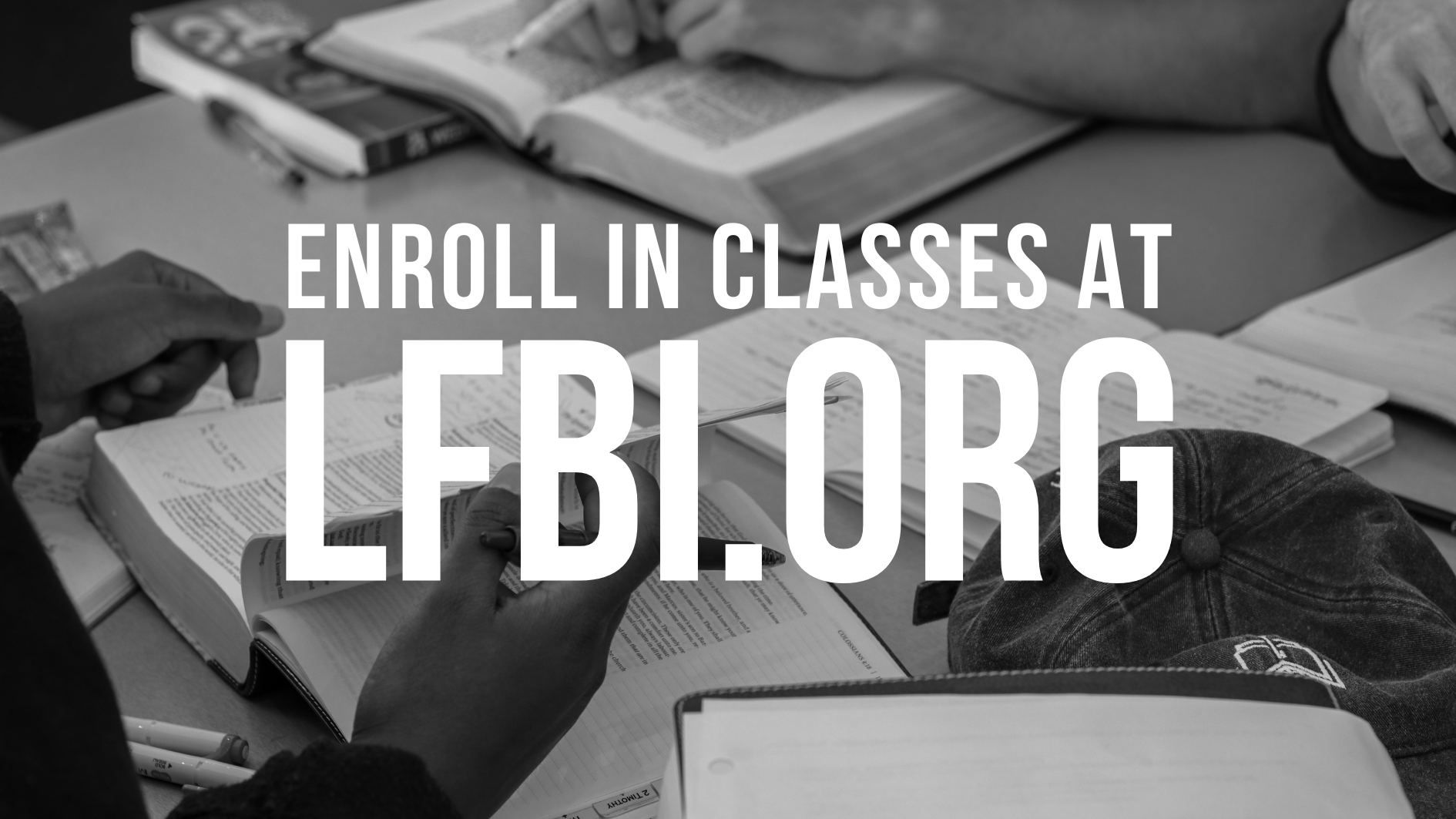The Wisdom of the Bible vs the World
What would all of the knowledge in the world, if attained, bring to your life? We are familiar with Solomon, the son of David, who was blessed with wisdom above any other man. He is known for not only his book of wisdom, but also his book of vanities. But for you and I, reader, what could I hope to know? What would the depths of knowledge benefit my soul? How would education change who I am, how far I can reach or what I could accomplish? Well, I would propose that the answer to those questions relies entirely on which path of education you pursue. You can take one road, one path, pursuing knowledge in the scholastic sense, scholarship, rooted in man's reason and wisdom. You can also take the other road, perhaps less appealing, perhaps less impressive to your worldly neighbor, but this road leads to knowledge rooted in the wisdom of God. Deeper than the oceans, wider than the skies. It is imbued with power, vibrating with force made tangible, as God breathed creation into existence with his words, so he bestows knowledge and wisdom with his Word.
What could you know, when seeking to find your education only in a biblical sense? What if the bible is true, and the only true thing in a world conscripted to perspective and relativity. The bible, as not just a book, but the living Spirit of God made words, interacting with the heart and mind of the reader. Its study is endless. You can compare and postulate and gather context and define and cross reference to your heart's content; and receive blessing and true riches, spiritual eternal riches. These riches mined from the walls of our Holy text translate into applicable wisdom, shaping how we speak to our neighbors, how we model Christ to our families. This biblical pursuit leads us to wise decisions, to relying on faith, not by sight but by education.
We can also look to man’s wisdom. We see scholastic figures such as Plato and Aristotle. Men whose reason seemed to shake the foundations of reality. Figures whose words confuse and make the hearer feel less. I don’t mean to belittle these men, but rather suggest that in a good way, they call men who will hear to a higher purpose. To not be slaves to the regular day, not subjugated by merely the reason we have inherited from our fathers and their fathers. Why does the apple fall from the tree? Why does the moon only appear at night? Where does the sun go when it is no longer in our skies? What speaks the great hurricanes into our coasts? Is 2+2 really 4? What is a number? Scholarly ambition would have you pursue wisdom, but not to ground your faith, but to shake it. Can we trust what we see? What can I observe? Faith is fairy tales, reason is man and king.
A biblical education is one that cries “we are men, we must find answers from the Creator of the universe!” The sentiment found in Job, when a collection of men have sat and conjectured and reasoned and offered all that their understanding could offer to a hurting brother, when God answers these men with: “Who darkeneth counsel by words without knowledge?” “Where wast thou when I laid the foundations of the earth? Declare if thou hast understanding” (Job 38:1, 4). Oh, what these men must have felt. To have done their best to comfort their friend. To try and offer answers and reasons. To think on all they have learned and gathered throughout their physical lives, even their understanding of the spiritual. To have believed that you know what you are talking about, and offered it to someone in need, and have the Alpha and Omega, to have God answer you and call you out. To have his voice burst into your presence, putting you into your place. Who would have words to challenge then? Man’s wisdom and reasons are silenced by the appearance of that which laid the ground for them to even exist in the first place. I don’t believe that it is wise to abandon all hope of being found learned or skillful. However, what I will say, is that education does not have much to do with how much God’s hand will work through the life of, not the wisest man, but the most humbled.
In the book of Acts, chapter 4, we find Peter and the boys preaching to the people present. They are doing exactly what God has called and equipped them to do. Crying out to men, to any that would hear that there is a Christ. There is a sin debt owed, and Jesus Christ has offered his life in order to redeem not just the repentant Jew, but to any stranger or pilgrim who would call upon His name as Lord. When the Sadducees, the priests, the captains, those who are learned, knowledgeable, who have dedicated their lives to knowing and reasoning and wisdom. When these men hear Peter and the gang, they are confused. In verse 13, when these scholarly men hear the words of Peter and John they marvel. These educated men marvel because of the power and eloquence endowed by the Holy Spirit on men who have not given themselves to scholarly pursuits, but instead have yielded their lives to the Lord as their Master and Savior. When these men, Peter, John, Paul, Timothy, give their lives in service to Jesus Christ, he supplies them with the words to say. These are the men who, filled with the Holy Spirit, turned the world upside down. Not because of their questions on gravity or relativity or quantum mechanics. No, what turned the world upside down was the power of the Holy Spirit on display through unqualified and yielded men.
As I seek to follow the Lord Jesus Christ. As I hope you do. We must acknowledge that Christ is not seeking men and women who are worthy of Him, but rather offering himself to all, and thus receiving worthship from all who accept Him. Christ seeks the labourer, not the thinker. Christ uses the Goat-herder, not the High Priest. God uses both Paul and Apollos to plant and water and spread his seeds. The power of the bible-believers' words is not sourced in the fact that it makes one wise. The power of the bible believer is that its message, the words of the bible, the preaching of the cross, is the power of God. The wisdom of the wise, no matter how much you invest in it, is destined for destruction. The understanding of the prudent? The realist? The observer? The fact-based, see it to believe it man? That is going to be brought to nothing. Where is the wise man? Where is the scribe? Where is the arguer, the debater? The wisdom of this world is made foolish by God. God hath chosen the foolish things, the foolish men and women of this world to confound the “wise” (1 Cor. 1). The base and lowly, the simple servants, to bring Jesus Christ and God Almighty glory, and glory never-ending through our ministry hear on earth.
Uriah Guenther is a fellowship leader at Midtown Baptist Temple in Kansas City, MO.




